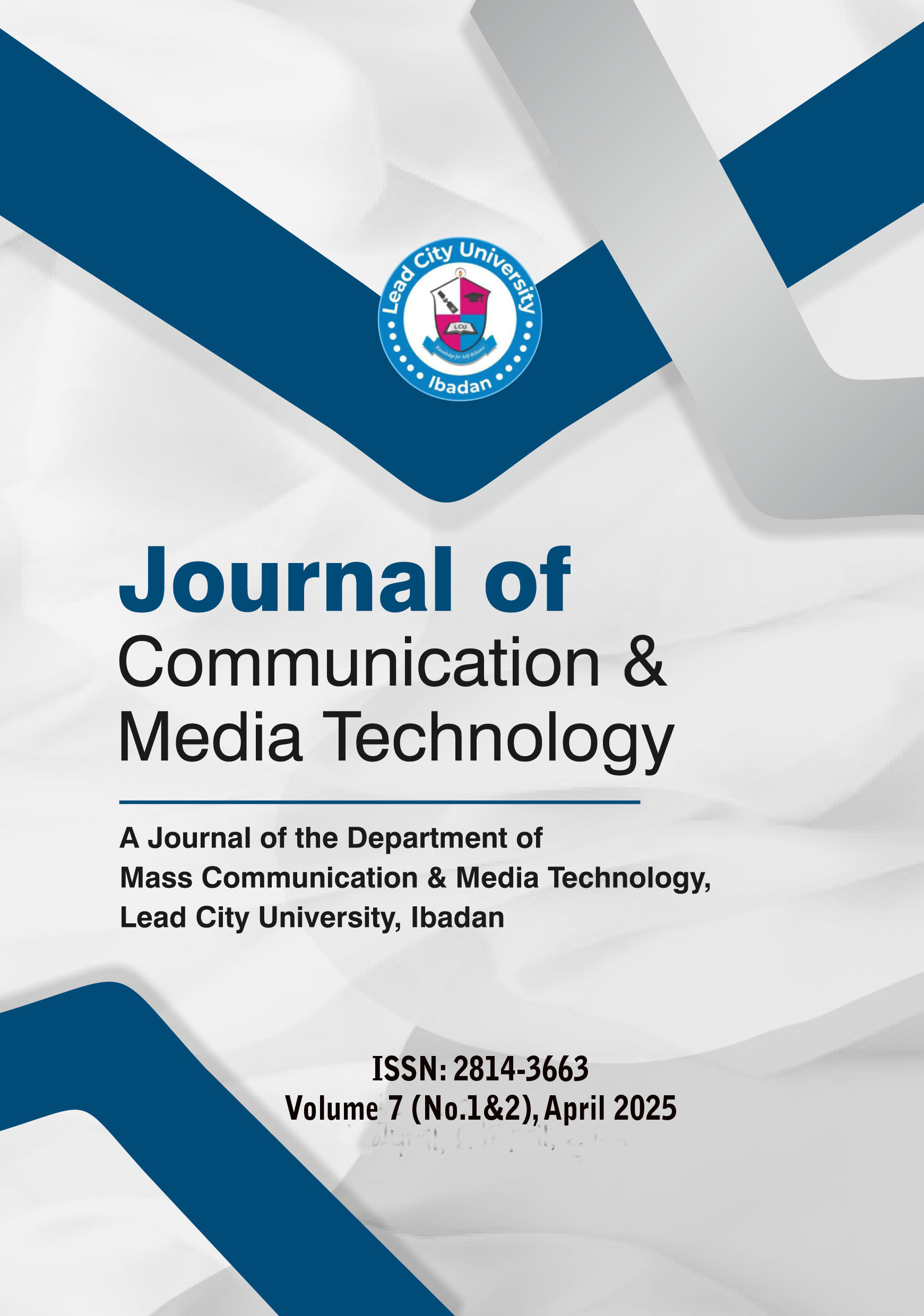Social Media Engagement and Citizens’ Participation in Nigeria’s 2023 Presidential Election
Keywords:
Citizenship, Disinformation, Fake News, Hate Speech, Misinformation, Social MediaAbstract
By creating avenues for information sharing, encouraging civic
engagement, and influencing public opinion, this paper situates how
social media influenced the campaign and people's perception of
candidates and parties during the 2023 presidential election in
Nigeria. The paper addresses the central role media play generally in
engendering citizen participation, focusing essentially on social media
engagement since all citizens above age 18 have the constitutional
power to elect who they desire to lead them. Through campaign and
voting, Nigerians actively participate in politics, influencing their
government representatives' decisions democratically. This study
builds upon a comprehensive analysis of existing literature and
employing secondary data and case study approach, to assess voters’
engagement through the social media, their contributions to shaping
public discourse, and critically evaluates the challenges associated
with hate speech, misinformation and disinformation during the
campaigns. While the study observes that social media engagement is
crucial in democracies by accelerating citizens’ hold on elected
officials to become accountable through voting, party membership and
interfaces with party and government officials. The study reveals that
the impact of social media has fundamentally altered the terrain of
political discourse and the dynamics of interpersonal interactions
between politicians, governments, and citizens in the country. It was
then recommended that the government of Nigeria should use
technology to improve the electoral process, to lower the possibility of
manipulation and use electronic voting systems or mechanism in the
transmission of election results to strengthen the integrity of future
election.

